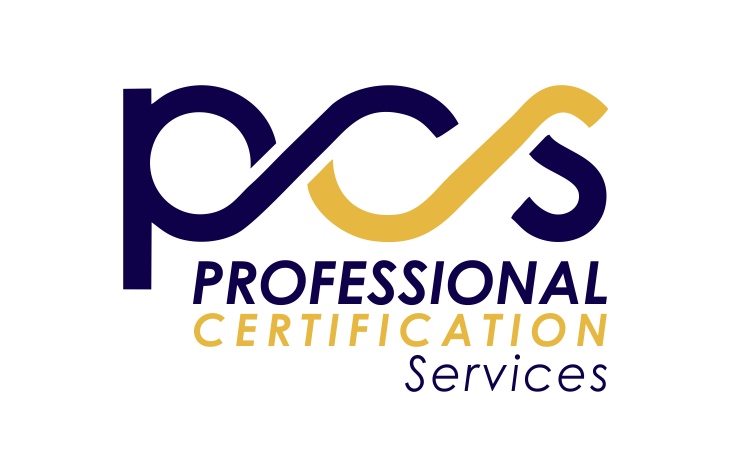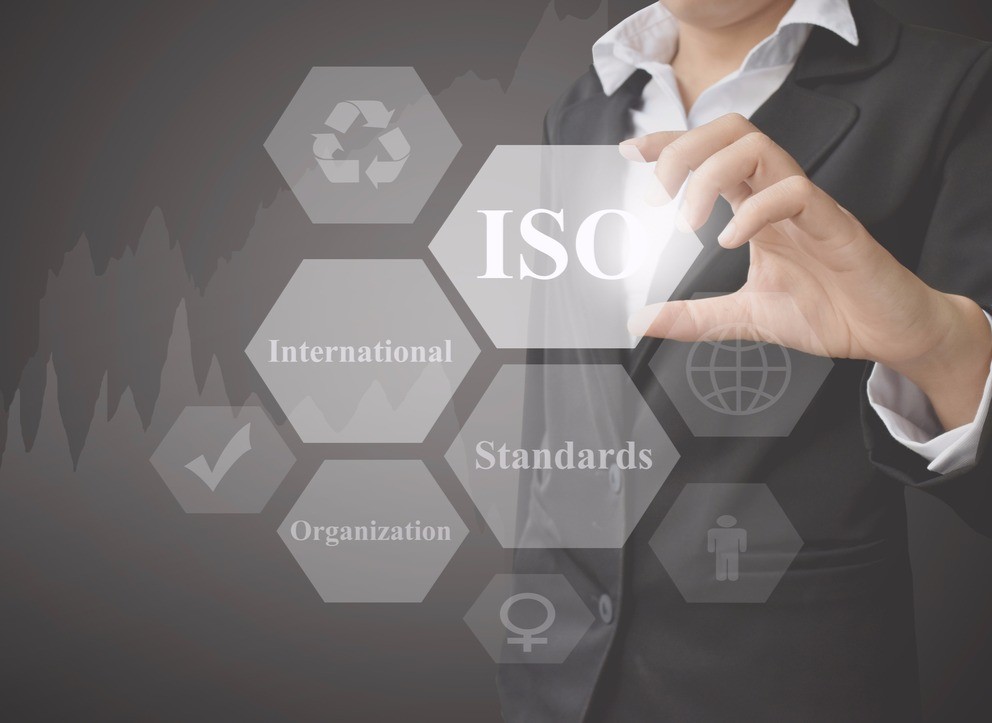ISO 27001:2013 Internal Auditor Training Course
Course Overview
ISO 27001 Internal Auditor training will provide delegates with the skills needed to perform internal audits within an organisation using an ISO 27001 Information Security Management System. Delegates will learn how to plan, perform, and produce reports on an audit of an ISMS. They will be introduced to a variety of techniques that will allow them to carry out such audits effectively from start to finish, for the purpose of enhancing output. Therefore, completing this ISO 27001 training course will greatly boost auditing abilities, which will result in the better implementation of security principles and strategies
How will I benefit?
- Recognize areas your Certification Body (CB) will be generally looking for to comply with generic internal auditing requirements in management system standards. This will include the meanings and intention of certification criteria and associated theories, methodologies, techniques or tools
- Appropriately trained auditors will bring added value to the internal audit process
- Your business will remain compliant to the international Standard for Information Security Management Systems
- Skills development for your internal auditors; as well as the main core knowledge requirements
Course Outline
This ISO training course will cover the following modules:
Introduction
- The 27001 standard
- 27001 mission
- 27001 high-level methodology
- 27001 focus
- Common interrelationships
- Review and monitor
- Improvement and maintenance
- Clauses of ISO 27001
Information Security Management Systems (ISMS) and the ISO 27001 Standards Family
- What is an ISMS?
- Creating project plan according to ISMS ISO 27001
- Establishing management and governance frameworks
- ISMS principles
- ISMS benefits
- Scope of ISMS in an organisation
- Introduction to management systems
- Process approach
- Fundamentals
- The PDCA cycle
Interaction with ISO 27005
- What is ISO 27005
- ISO 27001 vs ISO 27005
- Quantifying the business impact
- Impact severity
Introduction to Auditing
- Defining auditing
- Types of audit
- Techniques and principles
- Phases of audit
Performing ISO 27001 Audits
- Preparing audit reports
- Analysing data
- Auditing procedures
- Reviewing documents and reports
- Validating reports
- Designing and merging findings
- Classifying findings
- Planning, organising, and prioritising
- Factors that affect the reliability of audit findings
Internal Auditor
- Roles and responsibilities of an internal auditor
- Record review activities
- Internal auditor checklist
- Communication between departments
- Drafting reports and test plans
Risk Management
- Analysing and evaluating risks
- Managing risk approaches
Risk Assessment and the Statement of Applicability (SOA)
- Risk assessment summary
- Conducting risk assessments
- Risk assessment methodology
- Risk assessment implementation
- Risk treatment plan
- Risk treatment implementation
- ISMS risk assessment report
- The Statement of Applicability (SOA)
- Threats and vulnerabilities
For more details feel free to contact us on: training@pcscert.com
ISO 14001:2015 ENVIRONMENT MANAGEMENT SYSTEMS INTERNAL AUDITOR
ABOUT THE COURSE
This course helps participants to understand the ISO 14001:2015 Environmental Management System (EMS) requirements and learn how to audit your organization based on these requirements.
Duration: 2 – day course
WHAT WILL YOU LEARN FROM THE COURSE?
At the end of the course, participants will be able to:
- Prepare, conduct and follow-up on ISO 14001:2015 audit activities
• Gain the skills to assess an organization’s capability to manage its environmental management system
• Write factual audit reports
Topics to be covered in this course include:
Awareness
- ISO 14001 History
• High Level Structure
• Introduction to ISO 14001:2015
• Key changes in ISO 14001:2015
• Overview of the ISO 14001:2015
• Comparison between ISO 14001:2004 and ISO 14001:2015
• Conversion Process and Timeline
Audit Process
- Initiating an audit
• Document Review
• Audit Plan
• Audit Work Documents
• Opening Meeting
• Execute the audit
• Documenting Non-conformities
• Closing Meeting
• Audit Report
• Audit Follow-up
WHO SHOULD TAKE THE COURSE?
This course is specially designed for:
- Management Representative
• EMS or EHS Manager
• ISO 14001 EMS Steering Committee members
• Lead & Internal EMS auditors
• Personnel responsible for legal requirements updating, environmental management monitoring, and ISO 14001 conformance
Prerequisite: None
For more details feel free to contact us on: training@pcscert.com
ISO 22000 FSMS INTERNAL AUDITOR TRAINING
ABOUT THE COURSE
Food Safety Management Systems Internal Auditor Course provides basic training for potential FSMS Internal Auditors with the knowledge and skills to prepare, conduct, report and follow up FSMS internal audits.
Through tutor-led discussions, exercises, workshops and role-plays, students will gain sufficient knowledge and skills in the entire auditing process and get prepared as an FSMS professional.
Duration: 2 – day course
WHAT WILL YOU LEARN FROM THE COURSE?
Topics to be covered in this course include:
- General introduction
• Food safety principles, vocabulary and ISO 22000 requirements
• Document review and audit planning
• Process auditing and audit skills
• Writing NC reports and audit reporting
• Audit follow up
WHO SHOULD TAKE THE COURSE?
This course is specially designed for:
- Members/supporting personnel of the Food Safety Management Team who have responsibility to audit/implement/improve a FSMS;
• Personnel who are involved in operation/engineering/site activities who wish to gain maximum benefit from the FSMS implementation; and
• Any other personnel who wish to advance their career in management systems, irrespective of discipline.
Prerequisite:
Students are expected to have prior knowledge:
- Management systems: The Plan, Do, Check, Act (PDCA) cycle; The core elements of a management system and the interrelationship between top management responsibility, policy, objectives, planning, implementation, measurement, review and continual improvement.
• Food safety management: A knowledge of the principles of food safety management including prerequisite programmes as specified in ISO/TS 22002 (All parts) and HACCP; The relationship between food safety management and the provision of safe food products to prevent or minimize adverse effects on human health and the proactive improvement of food safety performance; Awareness of common examples of relevant national and local FSMS legislation and requirements.
• FSSC 22000: Knowledge of the requirements of FSSC 22000 and the commonly used food safety management terms and definitions, as given in FSSC 22000.
For more details feel free to contact us on: training@pcscert.com

